
In Hans Christian Andersen’s timeless fable – the Emperor’s New Clothes, a ruler’s vanity and the courtiers’ complicity expose a fundamental truth: sometimes, the most obvious reality is the one most desperately denied.
Outgoing President William Nana Addo Dankwa Akufo-Addo has written a modern-day version of this tale, where a government’s self-delusion became its most spectacular undoing.
What began as a presidency brimming with promise has concluded as a cautionary narrative of political hubris.
Former President Akufo-Addo’s administration did not just fail; it consistently and systematically attempted to gaslight an entire nation, presenting elaborate fabrications while the economic and social fabric of Ghana unravelled before its very eyes.
The electoral rout – a staggering defeat by over 1.6 million votes – was categorical rejection of a government that had become tone-deaf to the struggles of its citizenry.
Like the emperor parading in imaginary clothes, Mr. Akufo-Addo and his appointees continued to trumpet achievements that existed primarily as figments of the imaginations of overfed men and women, while Ghanaians experienced a dramatically different reality.
Consider the administration’s economic management for a brief minute. The much-touted ‘Ghana Beyond Aid’ strategy devolved into a painful irony when the country was forced to return to the IMF for the 17th time, cup in hand, with inflation spiralling to a catastrophic 54.1 percent.
The DDEP, which stripped honest workers, including pensioners of their life savings, epitomised a government evidently unconcerned about human dignity.
The COVID-19 pandemic exposed the administration’s hollow competence. While the former president delivered well-polished television addresses with his famous ‘Fellow Ghanaians’ opener, while finding time to call critics ‘Professional Jeremiahs’ – a pathetic use of the name of the prophet who warned his people with tears of impending doom, the underlying healthcare infrastructure remained woefully inadequate.
Allegations of corruption during pandemic relief efforts were not mere whispers, but strong accusations that the government chose to ignore. But that was in keeping in step with the general tone of the administration.
Environmental governance became another arena of willful blindness. Illegal mining continued to devastate forests and water bodies, and the abandoned national cathedral project continues to stand as the perfect monument to misplaced priorities and overt corruption. These cannot be ruled out as merely issues of oversight; but deliberate choices that demonstrated a profound disconnect from the nation’s actual needs.
The government’s communication strategy was particularly telling. Instead of genuine accountability, there was a consistent pattern of condescension. Challenging questions were met with dismissive rhetoric, criticisms were labelled as political attacks, and the suffering of ordinary Ghanaians was reframed as temporary inconveniences on a supposed path to prosperity.
In the Emperor’s tale, it takes a child’s innocent observation to puncture the facade of imperial grandeur. In Ghana’s case, it was the collective voice of millions who had endured economic hardship, witnessed environmental destruction, and experienced systematic gaslighting.
The electoral repudiation was far more than a political defeat, but a comprehensive moral judgment. Ghanaians effectively told Mr. Akufo-Addo and his administration: “We see through your imaginary clothes. We reject your narrative”.
While the political class is said to oftentimes be insulated from the realities on the ground, it is evident that the leaders and members of the previous administration lived in their echo chamber. Perhaps, there was no more fitting demonstration of the disdain that they had for their serfs than the final SONA debacle.
As the man who once carried the hope of the multiple generations has exited the stage for good; his legacy is a stark reminder that governance is not about crafting impressive speeches or maintaining appearances, but about tangible improvements in citizens’ lives. His party’s right-wing ideology, which promised efficiency and transformation delivered instead a masterclass in political delusion.
The lessons are clear: No amount of rhetorical flourish can substitute for genuine governance. No presidential narrative can obscure systemic failures. And in a democracy, the people will always have the final word.
Undoubtedly, the signs were there with the plagiarised speech on inauguration day, just as the Delta Force show-of-shame was surely an indication of the impunity which would go on to characterise the administration.
Ghana has spoken. And in doing so, it has stripped away the last threads of former President Akufo-Addo’s imaginary governance.
Now, over to you, returning President Mahama!
The post Editorial: Too late for the Emperor to get new clothes appeared first on The Business & Financial Times.
Read Full Story
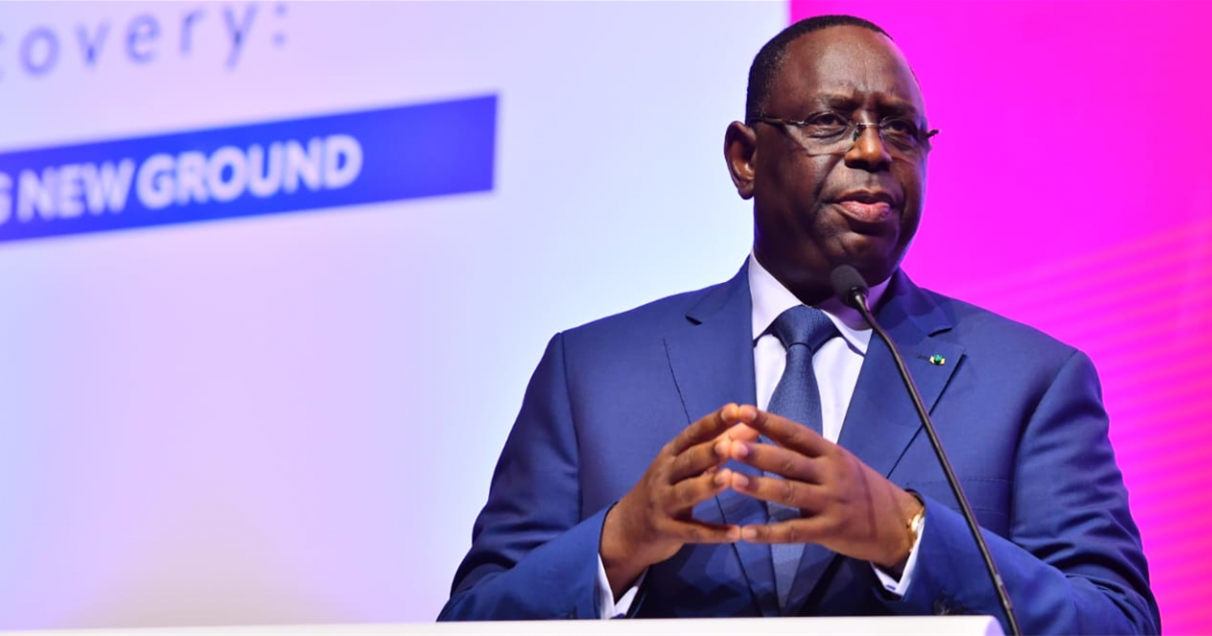
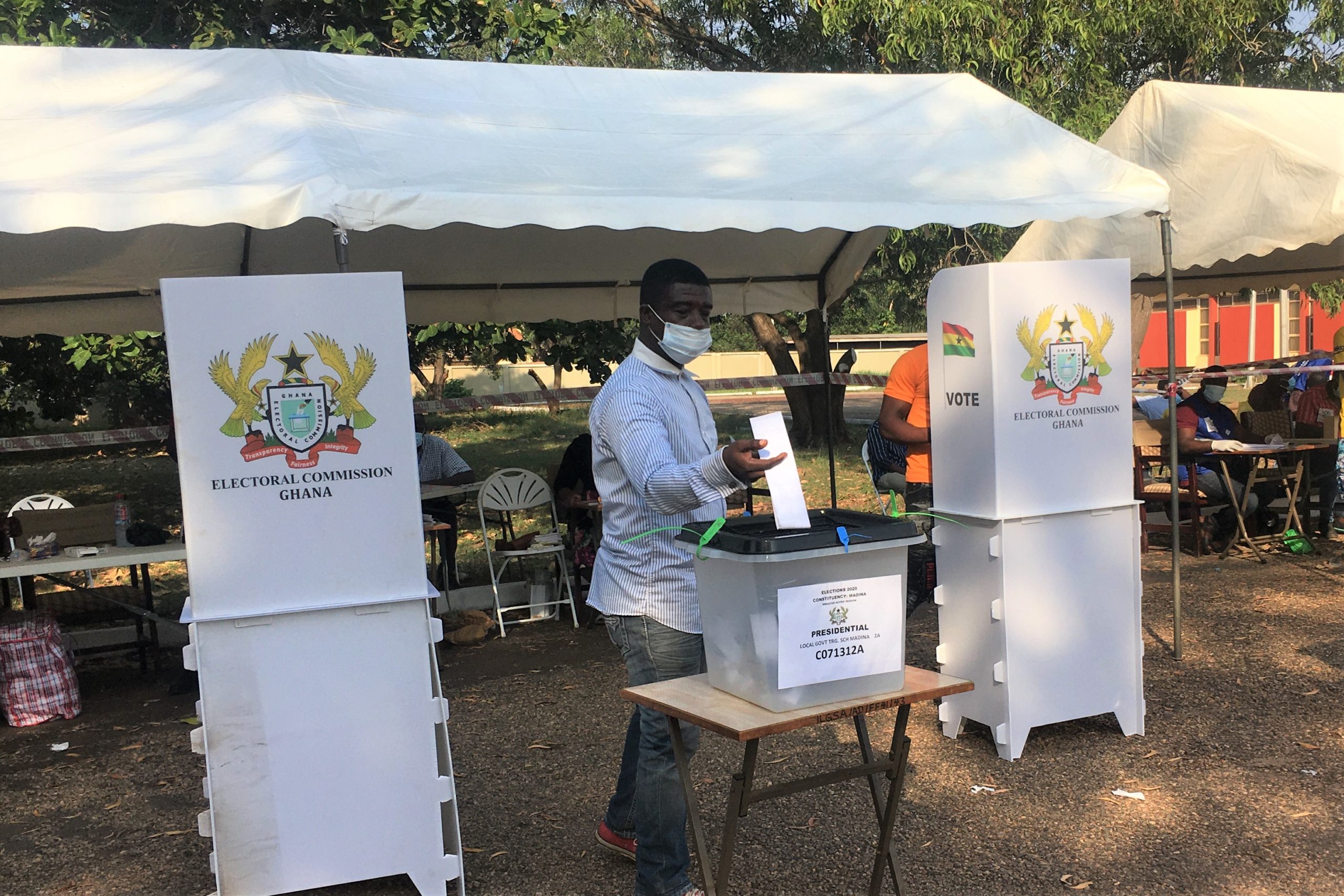
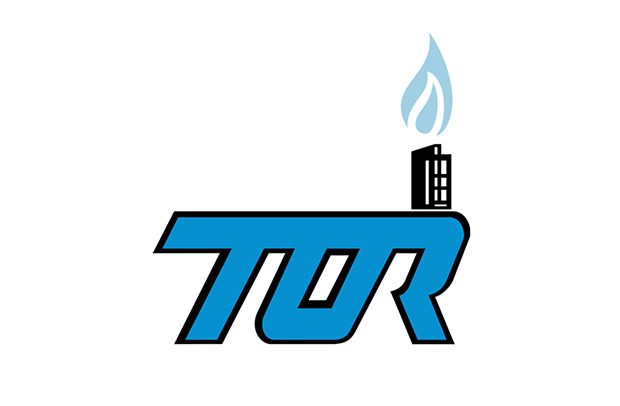

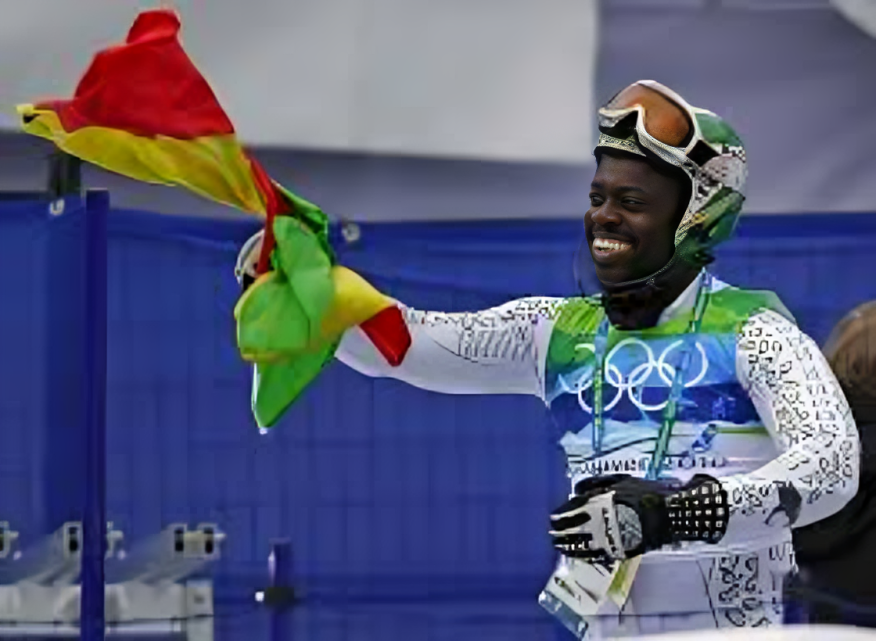
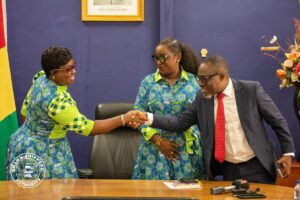

Facebook
Twitter
Pinterest
Instagram
Google+
YouTube
LinkedIn
RSS